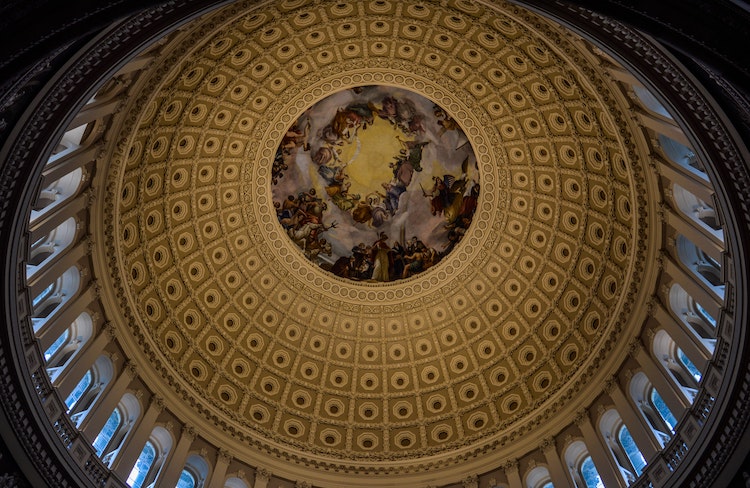
Inflation Reduction Act of 2022
The Inflation Reduction Act of 2022 was signed into law on August 16, 2022, by President Joe Biden. The Act includes subsidies for healthcare, clean energy, and energy efficiency. It also includes major tax implications that could affect both corporations and individuals.
What can Americans expect from the Inflation Reduction Act?
Healthcare subsidies: The bill will continue the extra premium subsidies from the Affordable Care Act. It will cap the price of insulin at $35 per month, and make substantial changes to Medicare Part D. Some of those changes include capping the out-of-pocket limits for prescription drugs at $2,000, limiting premium increases to 6% per year, and loosening the eligibility requirements to qualify.
Home energy efficiency incentives: The bill provides a tax credit increase, from 10% to 30%, for qualified energy-efficiency improvements made to the taxpayer’s primary residence. Possible energy-efficient upgrades include replacing your inefficient water heater or adding solar panels to your home. In addition to upgrades, the bill provides for up to a 30% credit for qualified home energy audits.
Clean energy efficiency incentives: Clean energy vehicle purchases will continue to be eligible for up to a $7,500 tax credit. In addition, the bill will eliminate the manufacturer’s cap for tax credits which currently phases out once a manufacturer sells 200,000 qualifying electric vehicles. This is intended to incentivize production and sales of qualifying electric vehicles.
Corporate tax: The bill creates a new alternative minimum tax of 15% on corporations with an average of $1 billion in profits over the prior three years. In addition to the minimum tax, there will also be a 1% excise tax on stock buybacks.
Tax enforcement: The IRS budget will be increased by nearly $80 billion over the next ten years with more than half of the increase going to enforcement. Determination and collection of taxes owed, legal support, and criminal investigations all fall under the enforcement category. The funding will likely take place between 2024 and 2026. This increase in scrutiny may present complex and challenging issues for taxpayers as the IRS statute of limitations approaches for most of the COVID-19 related tax programs and incentives established between 2020 and 2021.
RJS LAW’s team of tax attorneys and tax planners are available to work with you regarding additional information on how these changes may affect your tax situation. Please contact us at RJS LAW or by phone at 619-595-1655 for a free initial consultation.
Written by Christopher Vanderveen

Leave a Reply